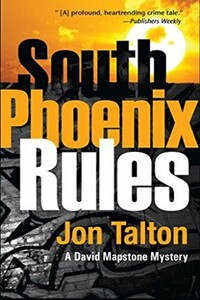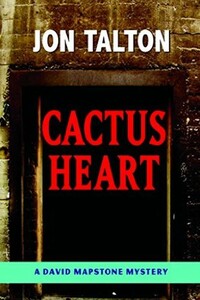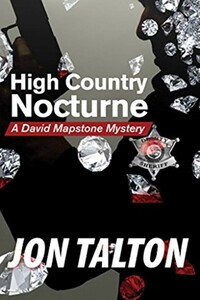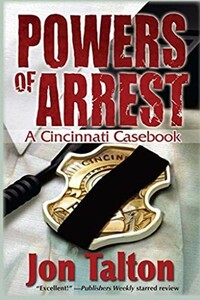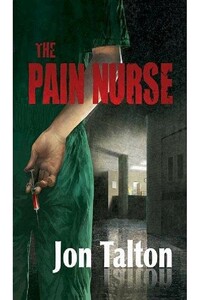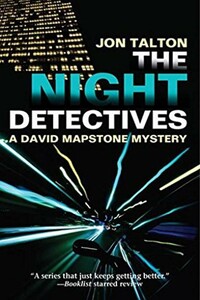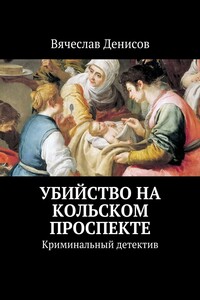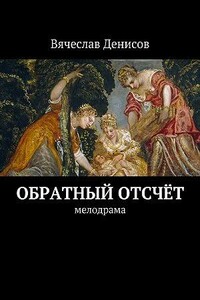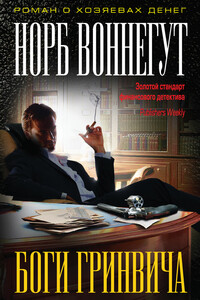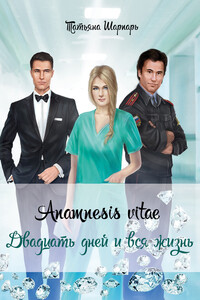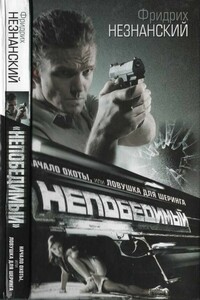The August heat in Phoenix has a color. It is not red or orange or any searing hue that could be imagined by you or me or Dante, even though this earthly inferno clocked in that day at one hundred fourteen degrees, the reading on a thermometer safely in the shade at Sky Harbor International Airport and the temperature reported across the radio by announcers sitting in air-conditioned studios. On the pavement, under the midday sun in a city where we all longed for the night, a ground temperature sensor would show one hundred forty degrees, and the cloudless sky was the color of bleached concrete.
It had been a dreadful summer, another record-breaker, and that was before one of the two gasoline pipelines that feeds the autopia that is America’s fifth most populous city ruptured. The fireball that consumed the errant backhoe and its operator was only the start of the trouble. Gas stations ran dry. People started classic hoarding behavior, topping off their tanks any time they saw a station with supplies. It made the shortages worse. The newspaper carried stories about price gouging. It reminded me of an article I had read, saying that MI5, Britain’s security agency, has a maxim that society is “four meals away from anarchy.” This was especially true in a city so dependent on driving, so isolated, so based on complex systems in such an unnatural place to sustain four million people. A vibe of barely contained panic could be felt.
By the second week of the interruption, people followed tanker trucks, hoping they carried a full load and were on their way to a filling station. The county was stockpiling gasoline for uniformed units. Guys like me, we had our county credit cards. We had to do the best we could-with the rule that we had to return the vehicle on full. I wish the deputy who drove the car before me had been so mindful of the regs. The fuel gauge of my unmarked Ford Crown Victoria showed an eighth of a tank.
That day I seemed lucky as I drove out of Maryvale on Thomas Road, headed downtown. Half a block ahead, I saw a long tanker turn left into a gas station. I pulled in behind the truck, landing third in line for one set of pumps, although not close enough to get the shade of the overhang. The plastic bottle of water that had been frozen at nine a.m.-Lindsey and I kept a dozen in the freezer along with the gin during the summer months-was now completely thawed, yet was still cool. I took a last swig.
It was a typical corner station and mini-mart, a squared-off building along a wide avenue of other homely boxes. Twelve lanes crossed the intersection. Two other corners had abandoned gas stations, their remains fenced in. The fourth corner held a check-cashing outlet. Campaign signs clustered on each corner, including one of the wide Peralta Sheriff signs he had been using every election. Peralta was in white, along with a white star, against a blue and red field. Next to it was a sign for his primary opponent, with the subtitle: Stop illegal immigration! The primary would come and go, but the immigrants would come, no matter the condition of the economy. How many had died in the desert this year? Last count: one hundred twenty. None of the Anglos in Phoenix took notice.
At the gas station, the cars quickly lined up, then spilled out onto Thomas. Horns honked. Nobody ever used to honk in Phoenix.
A white Dodge van edged up behind me. Inside were a pretty Anglo mom and a little girl with curly hair. They were in the wrong part of town, but, hey, I was a cop. They’d be safe. My gaze lingered in the rearview mirror and I smiled.
It took away the nastiness of the morning, where I had backed up a uniformed deputy as we evicted a family from their home. The scruffy lawn ended up littered with furniture, clothes, and brightly colored children’s toys as we looked on. It’s not my job. I was officially the historian of the Maricopa County Sheriff’s Office, but I’m also a sworn deputy. Everybody’s work had changed since the real-estate crash sent the local economy into a depression. Anyone could have seen it coming, anyone except the majority of Phoenicians who made their living off the growth machine. A columnist in the Arizona Republic repeatedly warned it was unsustainable; he was pushed out of a job. Even law enforcement was a victim of the worst government budget cuts in the state’s history. So Peralta made me work uniformed shifts, serve warrants, and now throw a family out of its house. My pile of cold cases grew higher. “They can wait,” he said.
So I sat there, sweating even though the air conditioning was on high, and smiled at the mother and her little girl waiting behind me.
Then the gun fell.
It clattered to the cement loud enough to be heard inside the car. I made it for a Glock 17, black and blocky, just like many cops carry. My pulse shot, making my temples throb. My hand automatically went to the Colt Python.357 magnum in the Galco high-ride leather holster on my belt.
